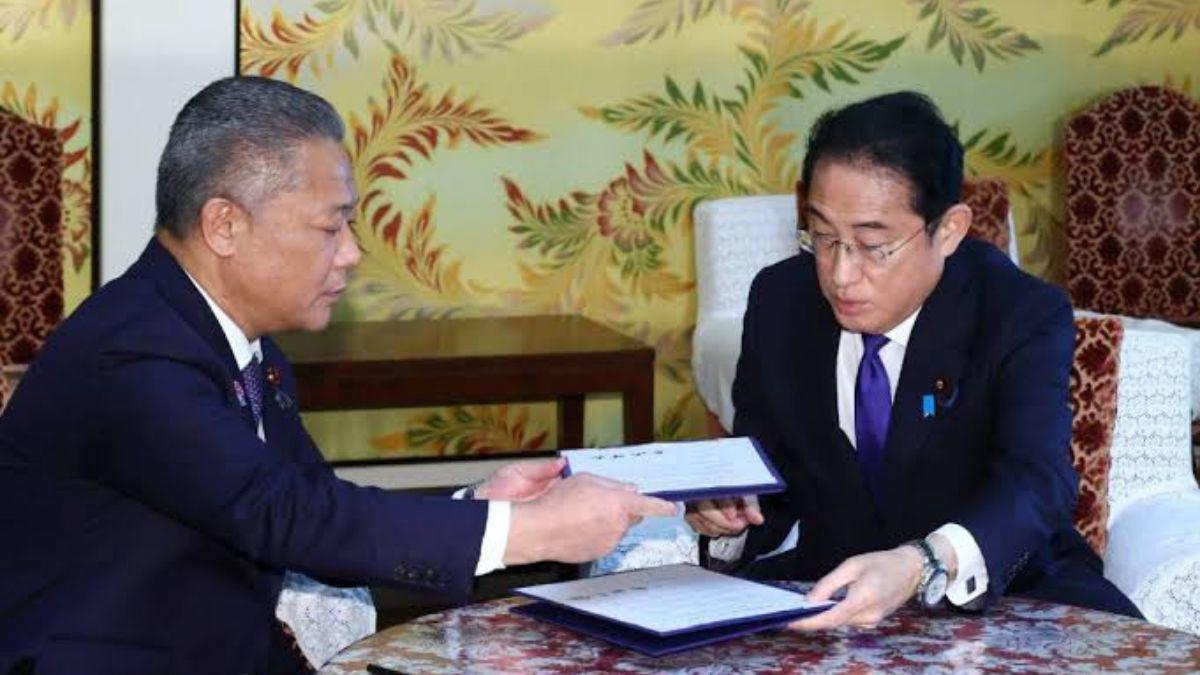Japan’s Ishin Party has demanded the resignation of Hyogo Governor Masaharu Nakagawa, intensifying a growing political crisis. The demand comes in the wake of escalating controversy surrounding the governor’s handling of recent administrative issues, but Nakagawa has firmly refused to step down, leading to mounting pressure and the looming prospect of a no-confidence motion.
The Ishin Party, a prominent political force known for its reformist stance, has leveled serious allegations against Nakagawa, accusing him of mismanagement and failure to address critical issues affecting the prefecture. The party’s leadership argues that Nakagawa’s actions—or lack thereof—have undermined public trust and jeopardized the effective governance of Hyogo. They are calling for his immediate resignation as a necessary step to restore accountability and transparency in the administration.
In response to the demand, Nakagawa has remained resolute, rejecting calls for his resignation and insisting that he has acted in accordance with legal and administrative protocols. “I have fulfilled my duties as governor and will continue to do so,” Nakagawa asserted in a recent press conference. “I believe that stepping down is not the solution, and I will address the concerns raised through appropriate channels.”
The standoff between Nakagawa and the Ishin Party has shifted focus to the potential for a no-confidence motion. The motion, which could be brought before the Hyogo Prefectural Assembly, would require a majority vote to pass. If successful, it could force Nakagawa from office and precipitate a new gubernatorial election. Political analysts suggest that the outcome of such a motion could significantly impact the balance of power within the prefecture and influence broader political dynamics in Japan.
As the situation develops, the Ishin Party is mobilizing its resources to build support for the no-confidence motion, while Nakagawa’s supporters are rallying to defend his tenure and counter the allegations. The unfolding drama has captured public attention and prompted widespread debate about leadership accountability and the mechanisms for resolving political disputes.
The crisis underscores the challenges facing Japanese political institutions as they navigate internal conflicts and manage public expectations. As both sides brace for a potentially contentious vote, the focus will remain on how the situation is resolved and what implications it may have for the future of governance in Hyogo and beyond.

